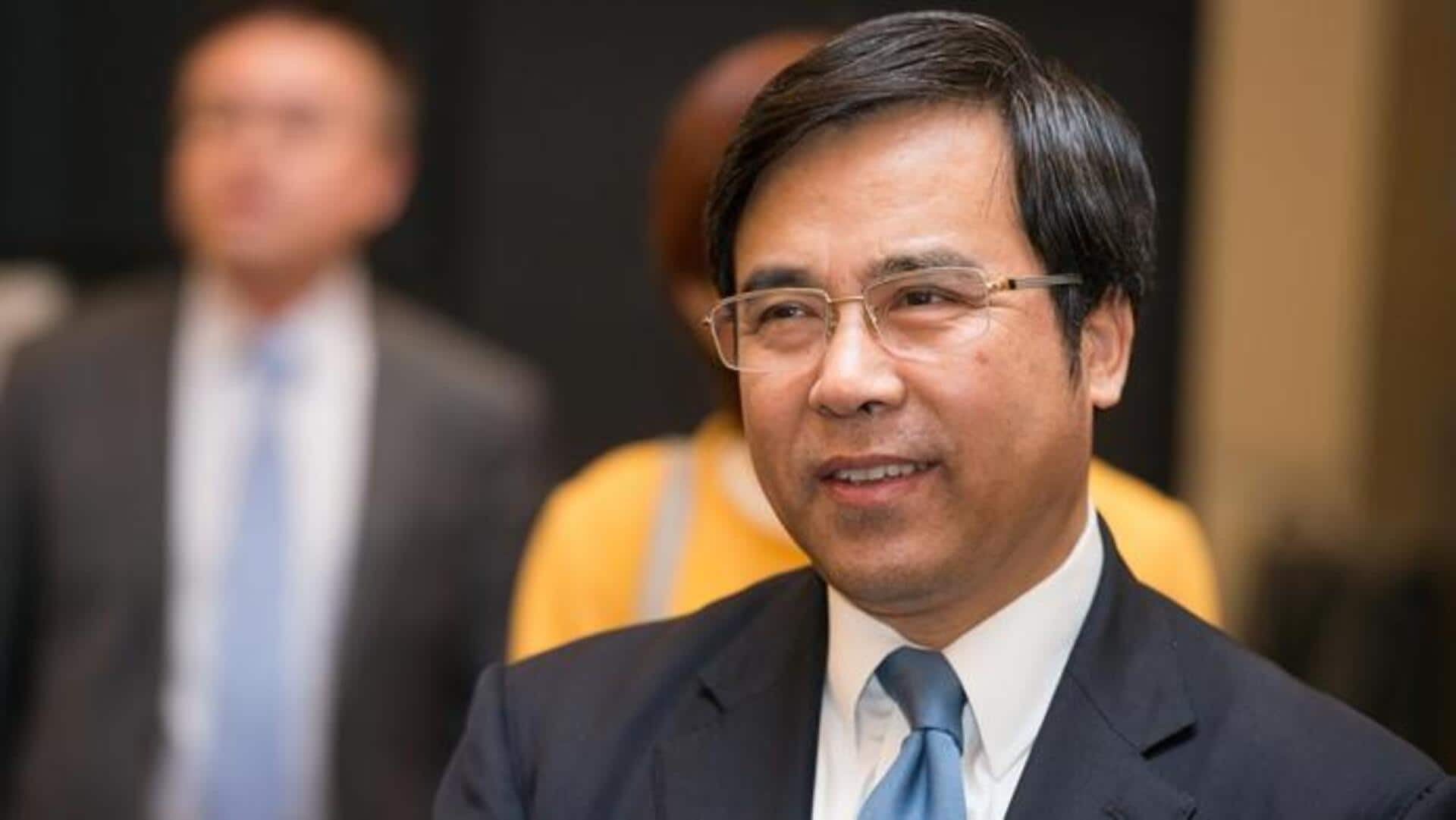
Former Bank of China head arrested on corruption charges
What's the story
Liu Liange, the ex-chief of the Bank of China, has been arrested for allegedly accepting bribes and illegally approving loans.
This arrest comes as part of a two-year crackdown on corruption within the financial sector, led by China's Central Commission for Discipline Inspection (CCDI).
Since late 2021, several bankers and financiers have been investigated as authorities zero in on the financial sector.
Details
Accusations and expulsion from the Communist Party
Just last week, Liange was kicked out of the Communist Party after the CCDI accused him of smuggling banned publications into the country, taking bribes, and enjoying private club entertainment and ski resort trips.
The charges against him are extensive, ranging from ideological issues like abandoning his beliefs and refusing to carry out Communist Party decisions, to financial and governance shortcomings.
What Next?
Bank of China's role in global financial stability
The Bank of China is one of the "big four" state-owned banks in China and is considered among the top 11 banks crucial to global financial stability, according to the Financial Stability Board.
It's also the world's fourth-largest bank by assets, as per S&P Global Market Intelligence.
Although owned by the Chinese government, the Bank of China operates commercially, unlike the People's Bank of China, which functions as the central bank.
Insights
Other financial sector figures facing investigation
Liange isn't the only high-profile figure in China's financial sector facing scrutiny or corruption charges.
Wang Yawei, a renowned fund manager, is reportedly under investigation.
Last month, Wang Bin, former chair of China Life Insurance—one of China's largest insurers—was sentenced to life in prison with a suspended death sentence after being convicted of corruption.
President Xi Jinping has been pushing for the financial sector to better serve the economy, which is currently grappling with slow growth and high youth unemployment.